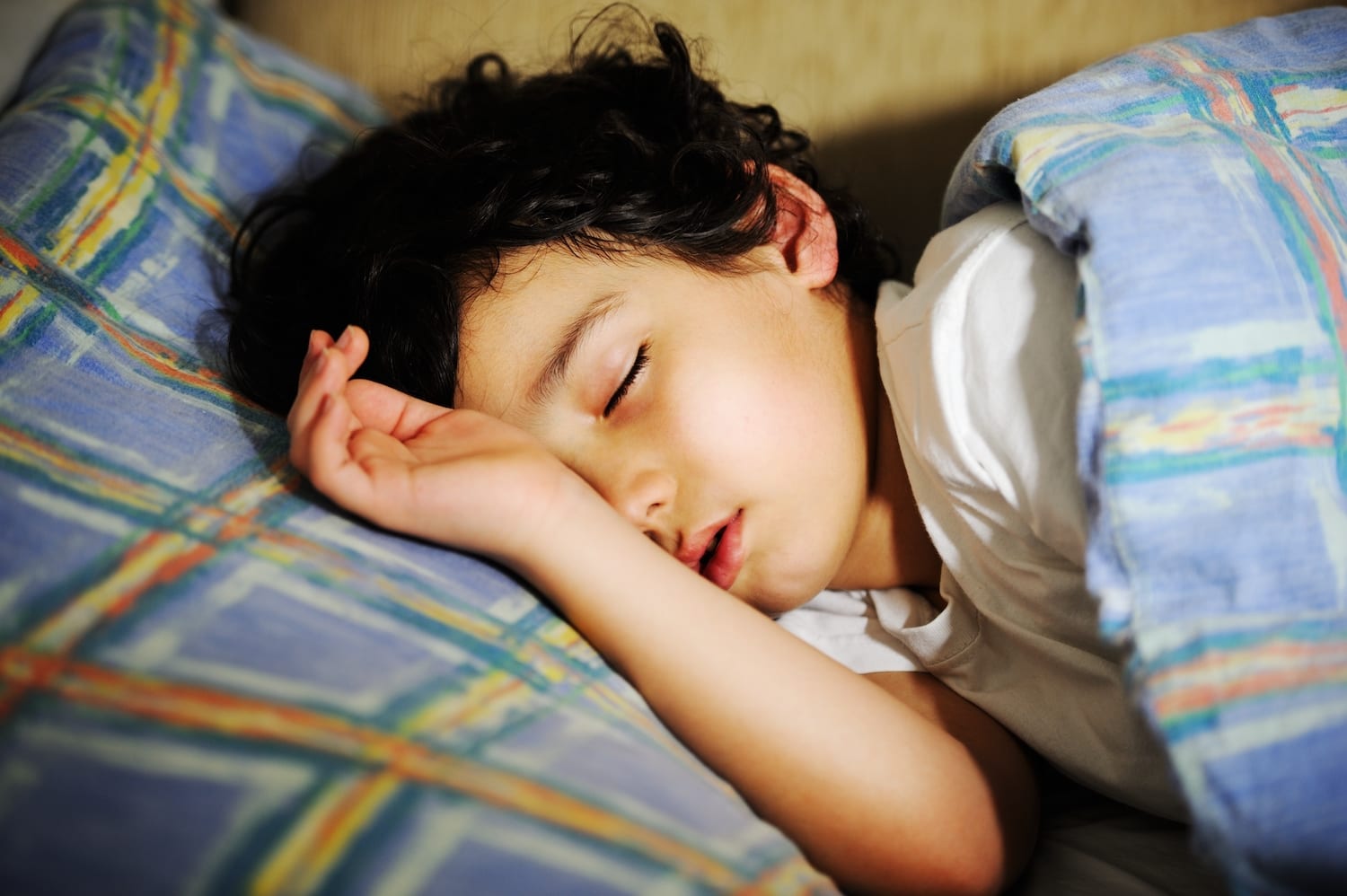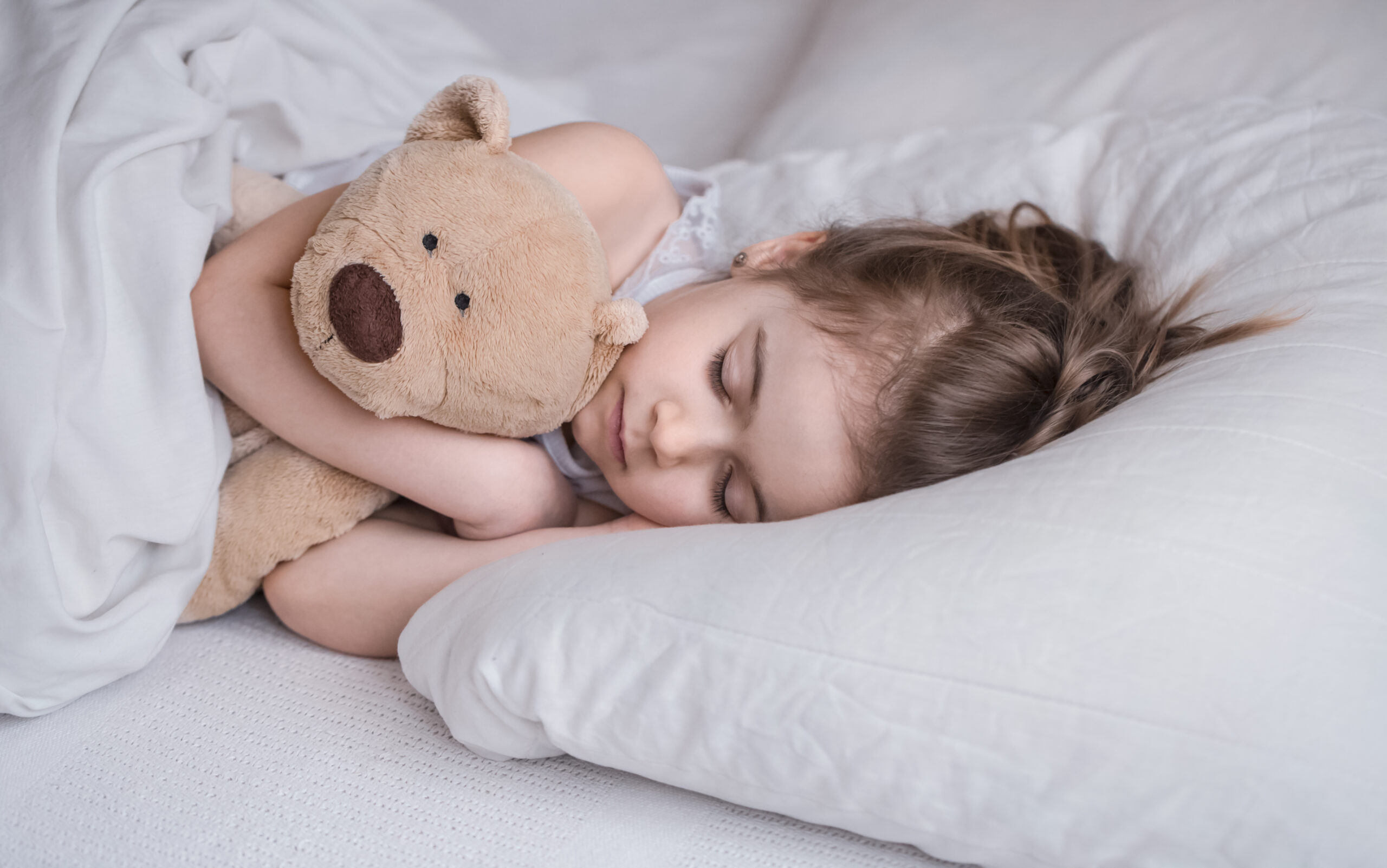Chưa được phân loại
How Much Sleep Does a Child Need?
Hey there, fellow parents and caregivers! Let’s talk about something that most of us grapple with at some point—sleep! Not just for us (although let’s be honest, we could use some good sleep too!), but specifically how much sleep our kids actually need. If you’ve ever found yourself in a battle of wills with your little one at bedtime, you’re definitely not alone. So grab your favorite beverage, get comfy, and let’s dig into the world of sleep and our kiddos.
>>>Read more: How to Discipline Kids Without Punishment?

The Importance of Sleep
First things first, let’s chat about why sleep is so crucial for children. Sleep isn’t just the time when the kids are vegging out and snoring softly. Nope! It’s a vital period where their little bodies and brains are working hard behind the scenes. During sleep, children’s bodies grow, their brains process all the day’s experiences, and important hormones are released. Quality sleep is linked to better mood regulation, cognitive function, and even physical health. Frankly, a well-rested kid is often a happier and more well-adjusted kid!
How Much Sleep by Age
Now, let’s break down the magical hours of sleep based on different age groups. You may already be aware of guidelines from the American Academy of Sleep Medicine, but let’s make it more digestible.
Newborns (0-3 months)
Ah, newborns. They’re kind of like sleep ninjas, except they wake up every few hours for feeding. Newborns typically need about 14 to 17 hours of sleep in a 24-hour period. That sleep might be in small chunks of time, so don’t panic if you feel like you live in a constant state of half-asleep bewilderment.
Infants (4-11 months)
As they grow, infants generally require 12 to 15 hours of sleep each day. This includes nighttime sleep and those precious daytime naps. At around this age, you might start noticing some sweet little sleep routines developing. Embrace it!
Toddlers (1-2 years)
Ah, the terrible twos! It’s a magical time, but it also means your little one might start pushing back against sleep. Toddlers generally need about 11 to 14 hours of sleep, and that includes one or two naps during the day. Good luck trying to maintain that nap schedule!
Preschoolers (3-5 years)
As kids head into preschool, they’ll likely need around 10 to 13 hours of sleep each day. Most will transition to a single afternoon nap, but there can still be some argument over their siesta time. (“Just five more minutes, please!”)
School-Aged Kids (6-13 years)
When our tiny tots morph into school-agers, their sleep needs slightly change. They typically require 9 to 11 hours of sleep each night. With homework, after-school sports, and playdates, bedtime can often become a tricky negotiation.
Teenagers (14-17 years)
Teenagers are a different breed. They start needing around 8 to 10 hours of sleep, but let’s face it—many of them operate on way less. Between social lives and late-night scrolling, teens often shortchange their sleep. Ever tried to wake a slumbering teen? It’s like trying to awaken a hibernating bear!

How to Encourage Good Sleep Habits
So, we have a good grasp on how much sleep kids need at various stages, but how do we ensure they actually get it? Here are some tips to create a fantastic sleep environment and routine:
Set a Consistent Bedtime
Kids thrive on routine, so establishing a consistent bedtime helps signal their bodies that it’s time to wind down. Ideally, you want the bedtime to be relatively the same on weekends too (I know, really?!).
Create a Relaxing Bedtime Ritual
Having a calming pre-sleep routine is essential. Think of bath time, reading books together, or gentle lullabies. The more consistent you are with this routine, the more your kids will look forward to their bedtime.
Limit Screen Time
Electronic devices can be a big sleep disruptor. Try to limit screen time (TV, tablets, phones) at least an hour before bed. That blue light can interfere with melatonin production—a hormone responsible for sleep!
Make the Sleep Environment Cozy
A cool, dark, and quiet room promotes better sleep. Dress the bed in comfy sheets, keep the noise down (earplugs or white noise machines for older kids can work wonders), and consider blackout curtains if needed.
Watch Out for Food and Drinks
Be mindful of what your kids consume before bedtime. A heavy meal or sugary snacks can lead to restlessness. A small cuddle snack, like yogurt or a banana, can help if they’re a bit hungry.
The Sleep Struggles Are Real
Let’s stay real for a second; even with all the best intentions and practices, there will still be nights when your little one fights sleep. From growling monsters under the bed to the age-old “I’m not really tired” declaration, you might feel like you’re negotiating with a tiny dictator. Patience is key.
Remember that any sleep disruptions are pretty normal, especially during big life changes such as moving to a new house, starting a new school, or even getting a new sibling. It’s essential to validate those feelings and help them feel safe.
>>>Buy now: Busy board for Montessori playroom, Custom Name Puzzle, Personalized Fidget Toy

When to Seek Help
If you find that your child is having chronic trouble getting to sleep or staying asleep, it might be time to consult a pediatrician or a sleep specialist. Sometimes, sleep issues stem from anxiety or other underlying conditions that need to be addressed.
Conclusion: Sweet Dreams Await!
Navigating the world of sleep for children can feel like a never-ending challenge, but understanding how much sleep your child needs is a fantastic first step toward establishing a healthier sleep routine. Let’s be honest—more sleep for them means more sleep for us!
As your child grows, their sleep needs will change, so staying flexible and patient throughout the journey is essential. Remember, you’ve got this! Sweet dreams await for both you and your kiddos. Until next time, may your nights be filled with peaceful slumber and your mornings be full of energy (or at least as much as one usually has on coffee!). Happy parenting! 💤
